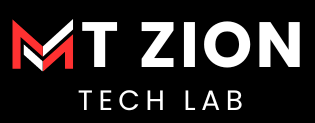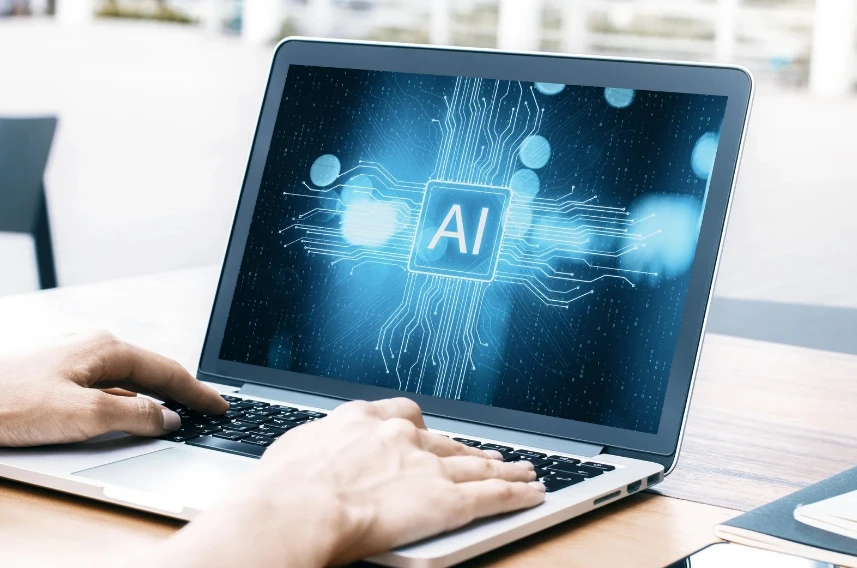Artificial Intelligence (AI) is no longer a concept confined to science fiction. It has seamlessly integrated into our lives, revolutionizing industries, and reshaping how we interact with the world. From healthcare to finance, entertainment to transportation, AI’s influence is undeniable. In this article, we delve into the profound impact of AI on our lives and explore its potential for the future.
AI in Our Daily Lives
AI has quietly become an integral part of our daily routines. Virtual assistants like Siri, Alexa, and Google Assistant have transformed how we interact with technology, providing information, controlling devices, and even engaging in casual conversations. These AI-powered assistants are constantly learning and adapting to our preferences, enhancing our overall experience.
Beyond personal assistants, AI is revolutionizing how we consume content. Streaming platforms utilize AI algorithms to recommend movies, TV shows, and music based on our viewing and listening habits. This personalized approach enhances user satisfaction and keeps us engaged.
Furthermore, AI is improving our health and well-being. Wearable devices equipped with AI capabilities track our fitness activities, monitor vital signs, and provide personalized health recommendations. In the healthcare industry, AI is being used to analyze medical images, accelerate drug discovery, and develop more effective treatment plans.
AI in the Workplace
The business world is undergoing a significant transformation driven by AI. Automation powered by AI is streamlining processes, increasing efficiency, and reducing costs. Robotic process automation (RPA) is handling repetitive tasks, freeing up human employees to focus on more strategic and creative work.
AI is also transforming customer service. Chatbots and virtual agents provide instant support to customers, answering queries, and resolving issues efficiently. AI-powered analytics are helping businesses gain valuable insights into customer behavior, enabling them to tailor their products and services accordingly.
In addition, AI is driving innovation in various industries. The manufacturing sector is leveraging AI for predictive maintenance, quality control, and supply chain optimization. Financial institutions are using AI for fraud detection, risk assessment, and algorithmic trading. The possibilities are endless.
Challenges and Ethical Considerations
While AI offers immense benefits, it also presents challenges and ethical considerations. Job displacement is a concern as automation takes over certain tasks. It is crucial to invest in retraining programs to equip the workforce with the skills needed for the AI-driven economy.
Privacy and data security are paramount. AI systems rely on vast amounts of data, raising concerns about data breaches and misuse. Robust data protection measures must be implemented to safeguard personal information.
Bias in AI algorithms is another critical issue. If training data is biased, the AI system may perpetuate discriminatory outcomes. Efforts must be made to develop AI systems that are fair and unbiased.
The Future of AI
The future of AI is incredibly promising. Advancements in artificial general intelligence (AGI), which refers to AI with human-level intelligence, are being explored. AGI has the potential to revolutionize various fields, from scientific research to problem-solving complex global challenges.
AI is also expected to play a crucial role in addressing global issues such as climate change and healthcare. AI-powered solutions can optimize energy consumption, develop sustainable technologies, and accelerate medical breakthroughs.
However, it is essential to approach the development and deployment of AI with caution and responsibility. A collaborative effort involving governments, industries, and researchers is necessary to ensure that AI benefits society as a whole while mitigating potential risks.
Conclusion
Artificial Intelligence is undeniably transforming the way we live and work. From personal assistants to healthcare advancements, AI is enhancing our lives in countless ways. While challenges and ethical considerations exist, the potential benefits of AI are immense. By understanding the technology and addressing its implications, we can harness the power of AI to create a better future for all.
As AI continues to evolve, it is crucial to stay informed about its developments and potential impact. By embracing AI and addressing its challenges proactively, we can unlock its full potential and shape a world where humans and machines collaborate to achieve remarkable things.

